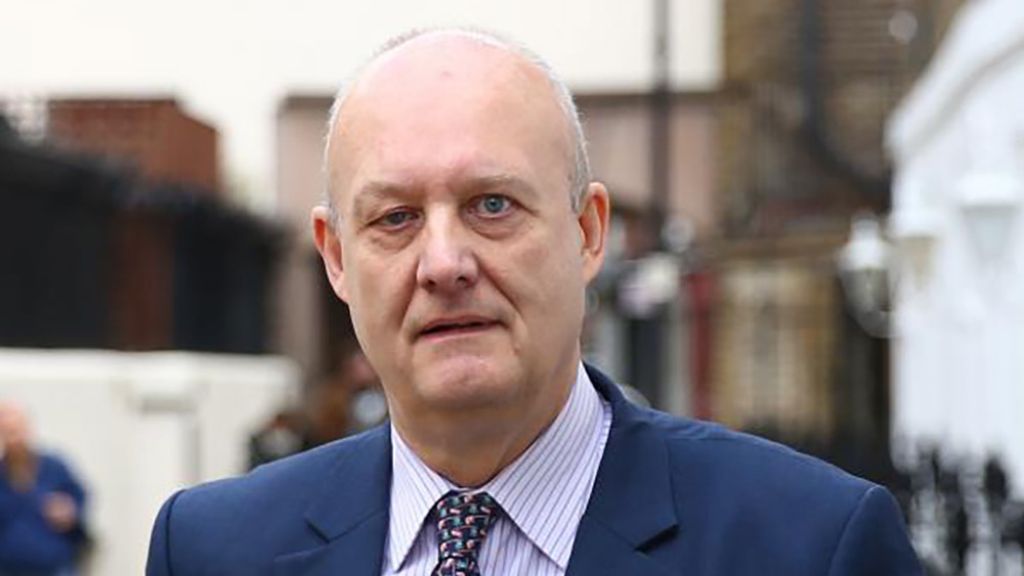As care worker visas drop 81%, Martin Green calls situation ‘untenable’

The number of Health and Care Worker Visas granted by the UK Government in the period of April-June 2024 saw an 81% year-on-year drop.
This is indicative of the changes made by Rishi Sunak’s government in March of this year, which saw a ban on health and social care workers bringing ‘dependants’ (family members who rely on them financially) to the UK.
New government data shows that there were 89,095 visas granted in the year ending June 2024. This marks a 26% decrease compared to the previous year.
The figure for the last quarter of that 12-month period, however, was 81% lower than April-June 2023.
This is because of the immigration changes made by the last government, which came into effect in March 2024.
Ben Brindle, researcher at the Migration Observatory at the University of Oxford, said: “Visa numbers dropped in the last few months of the Conservative government and emigration has also been rising. In theory, this should mean a decline in net migration over the coming year.
“But the precise scale of it is hard to predict: we don’t yet know how many of the recent student arrivals will remain in the UK long-term, and any bounce-back in health and care visas would also slow the decline.
“Nonetheless, the strong indication is that Labour will be able to meet its commitment to reduce net migration from the unusually high levels the UK has recently seen, primarily due to trends that were already in train well before they were elected.”
Martin Green, chief executive of Care England, said: “The government is running out of time to listen. While the decision to restrict applicants was made by the previous government, it is incumbent on those now in power to take ownership of their inherited situation. They must make the changes needed to ensure the social care sector remains sustainable.
“Our dedicated workforce is social care’s biggest asset, and without the proper measures in place to draw in domestic recruits, the gap left by international recruits will reach an untenable level. Adult social care needs a fully funded workforce plan, with boosted pay, terms and conditions, the change for career progression, parity of esteem with NHS colleagues. Without this, our sector risks not having enough staff to deliver the care and support this country’s needs now, or in the future.”



